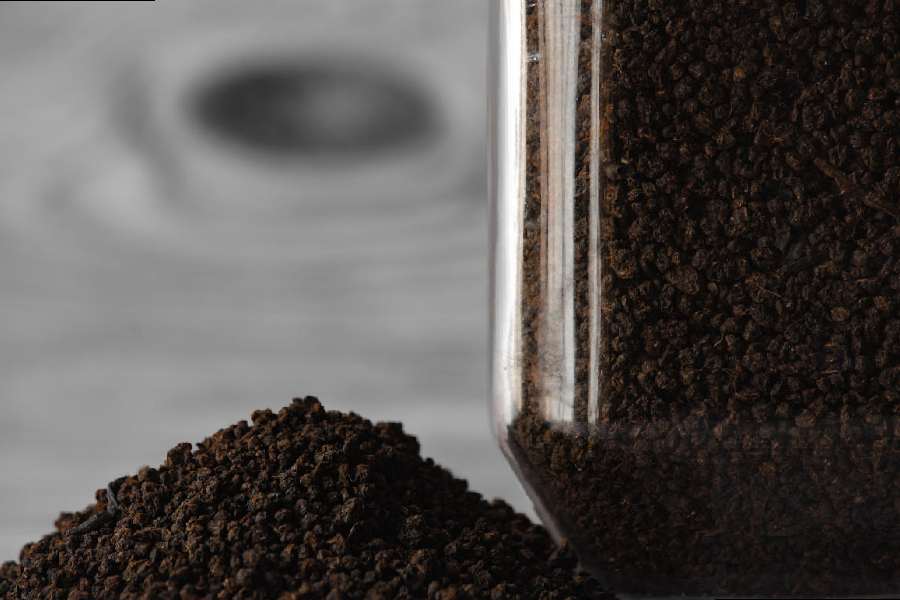The Centre’s decision to route sale of all dust teas produced in north India via auction has received backing from all major constituents of the industry, except a group of influential tea processors from Assam.
The auction of dust tea, which constitutes 15 per cent of tea production, is slated to start from April 1 and continue for three months on a trial basis. Dust tea, though low value, is an important constituent of the tea value chain as it finds use in tea bags and ready to drink tea products.
Those who are backing the decision argue that auction will indirectly increase supply of clean teas in the market and also fetch higher prices for producers as well as packers.
“We welcome the decision. As of now, it appears to be the only solution to detect and test MRL (maximum residue limit) level in a transparent manner,” said Hemant Bangur, the newly appointed chairman of Indian Tea Association, a body of large tea estates.
The Confederation of Indian Small Tea Growers Associations demanded that there should be 100 per cent auction in all varieties of teas for better price discovery. “Small growers are not getting remunerative prices for leaves. We are being forced to sell below the cost of production,” Bijay Gopal Chakraborty, president of CISTA, said.
The packers and buyers also appeared to be backing the move. Sanjay Shah, chairman of The Federation of All India Tea Traders Association (FAITA), said the majority of members are on board with the commerce ministry decision. “It will ensure supply of clean teas,” Shah commented.
Constituents of the tea value chain say the auction will result in more reliable testing of samples to check use of MRL levels of pesticides, which is a major bone of contention for the industry. Since dust is generated from the same crop that produces leaf and broken tea, channelising this category (dust) to pass through a funnel where testing and detection would be possible, chances of detection of MRL may go up.
“Increased availability of quality and compliant teas will boost Indian tea exports which play the most important role in balancing demand-supply,” said Anshuman Kanoria, chairman of Indian Tea Exporters Association.
Tata Consumer Products, which recently received flak from former Rajya Sabha MP Shanta Chhetri for blending purportedly unsafe Nepal teas in the consumer packs for sale in India, also lent its support.
“TCP is a key stakeholder in the tea industry and is supportive of measures being taken by the Tea Board, FSSAI and other government bodies to modernise, innovate and improve processes in the industry. We are committed to supporting initiatives that raise standards for the tea industry,” a company spokesperson said.
A discordant note was heard from Assam Bought Leaf Tea Manufacturers Association. Gautam Beria, secretary of ABLTMA, who said they were not consulted before the decision. “Why should I not have the liberty to sell to whom I like? Is there a guarantee that our production will be fully sold in the auction? If unsold, how are we going to pay the small tea growers?” Beria asked, adding he may stop production if prices are unremunerative.










